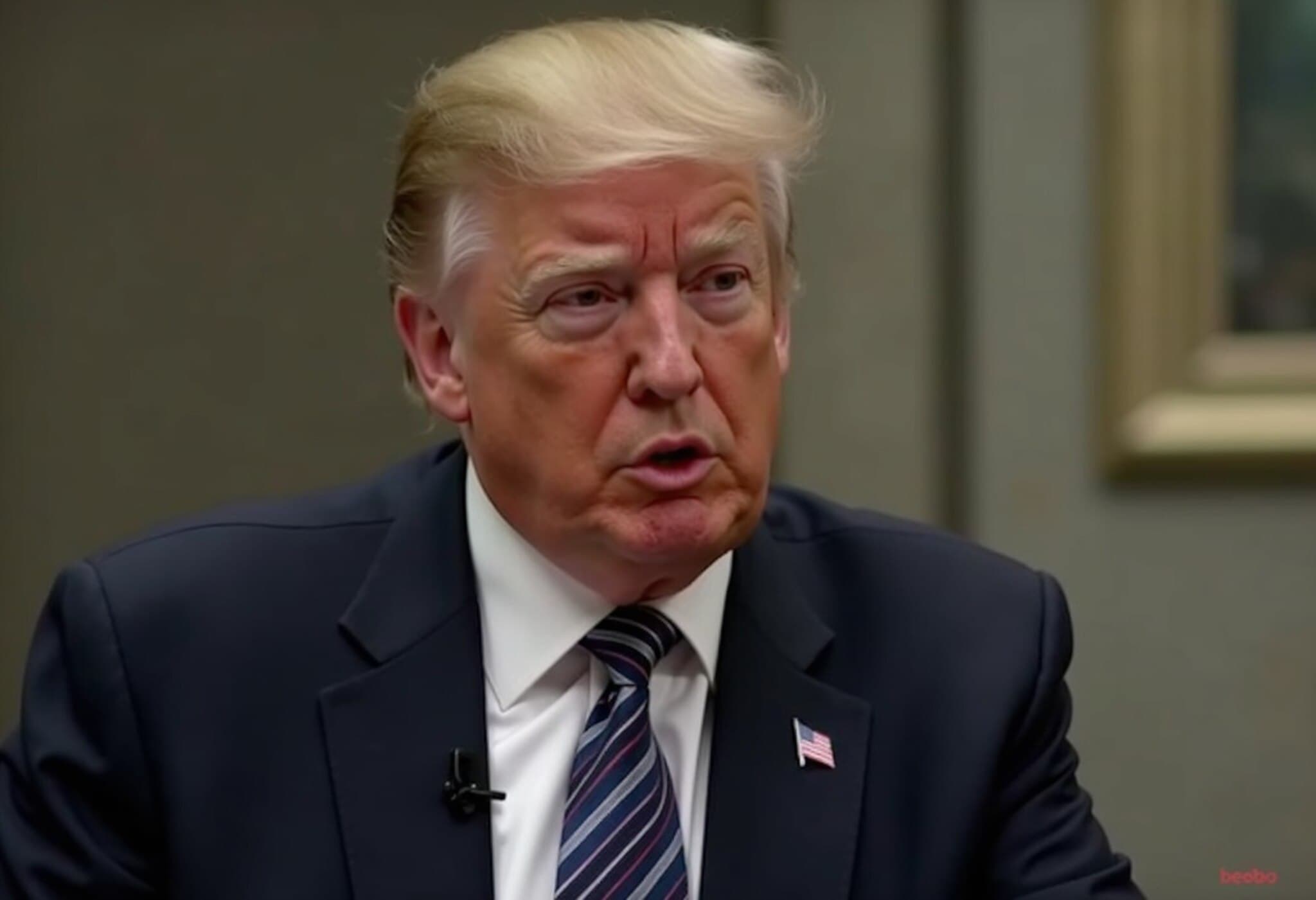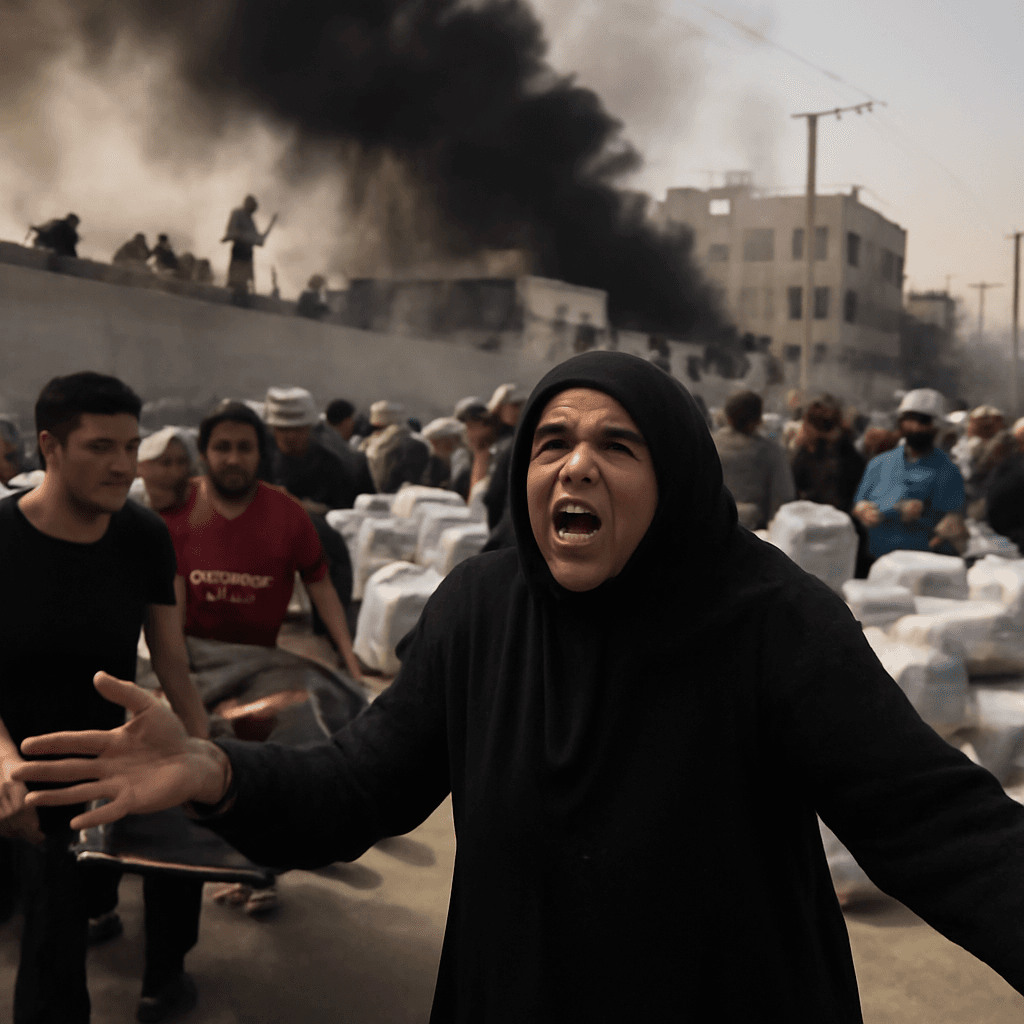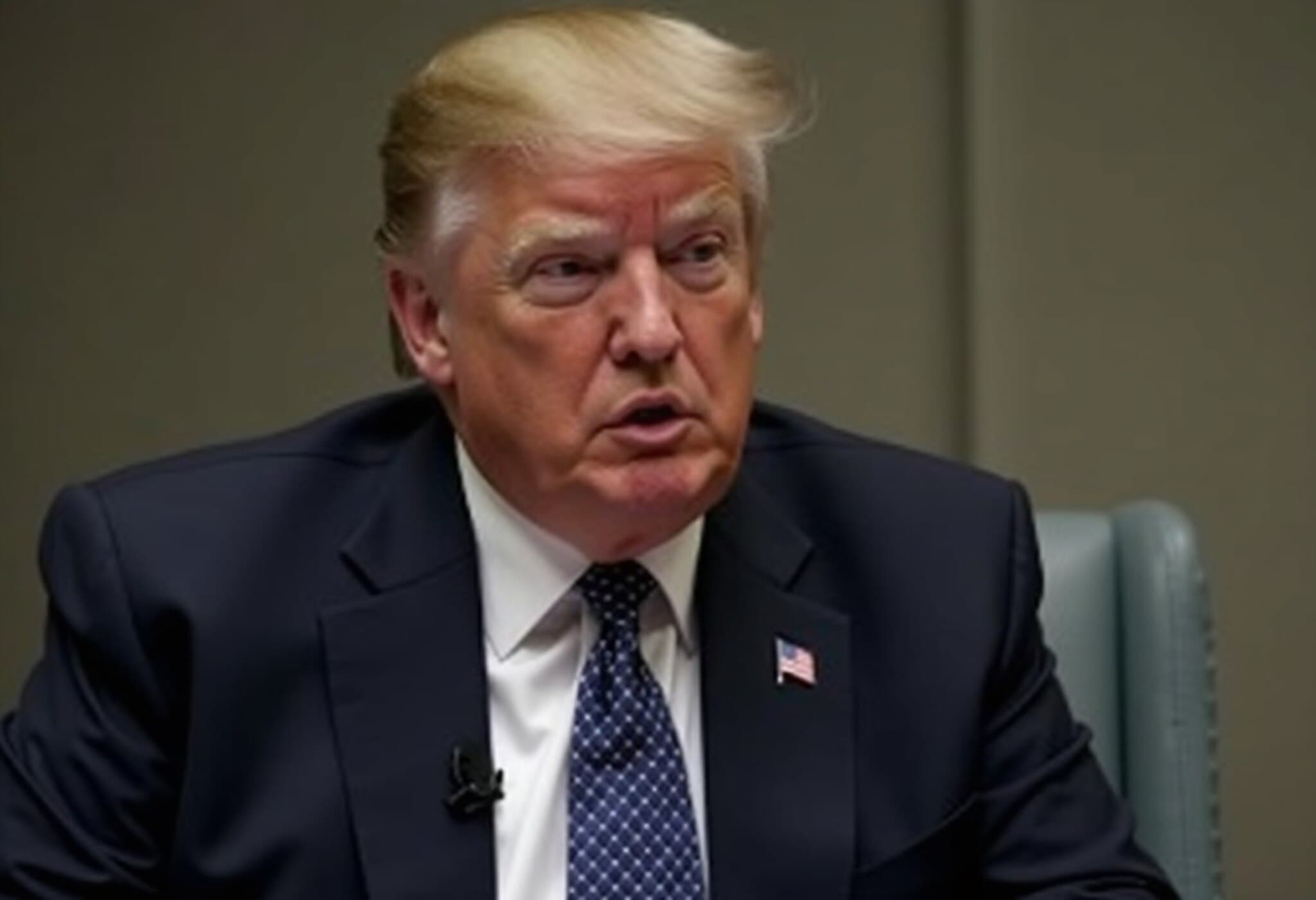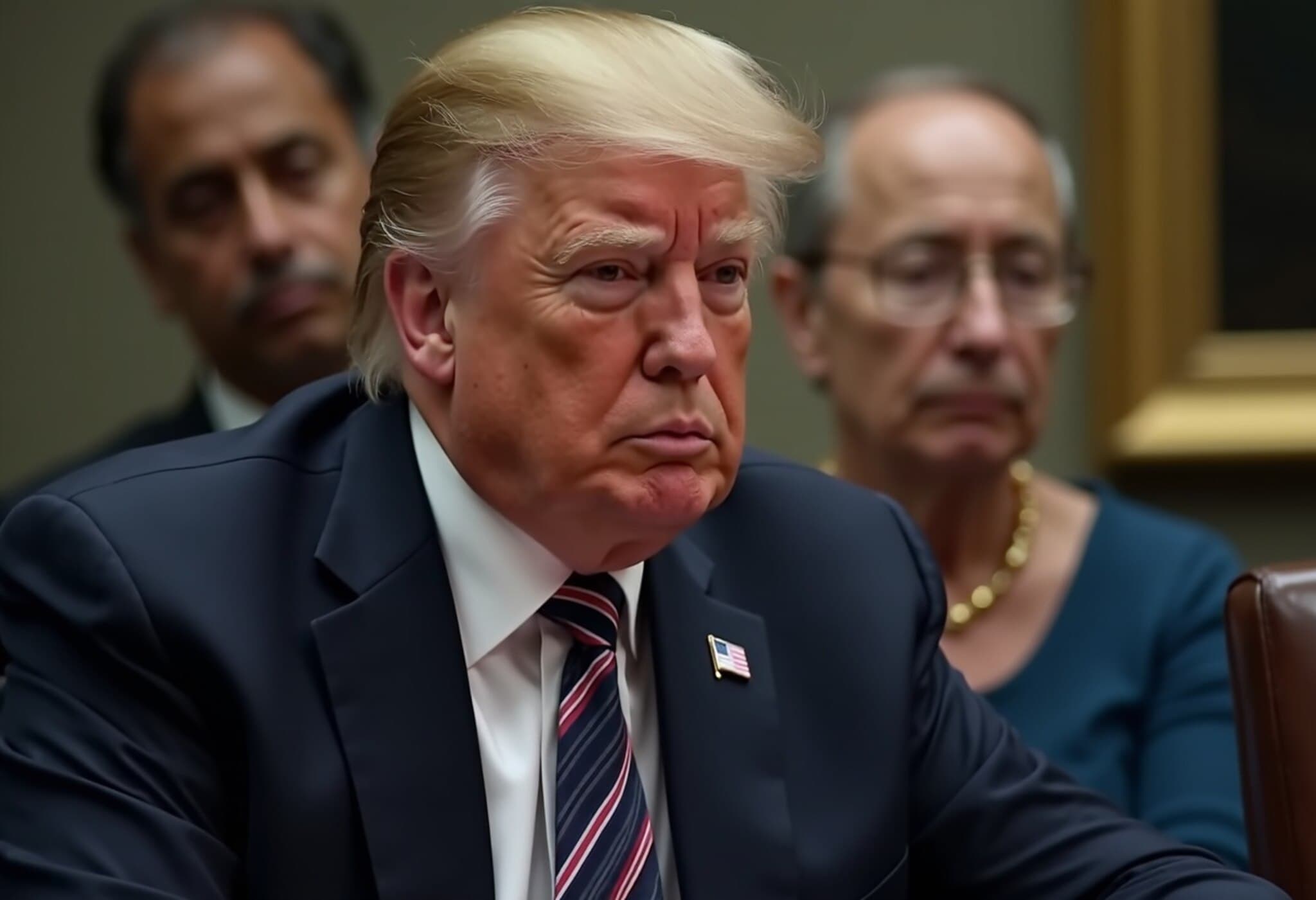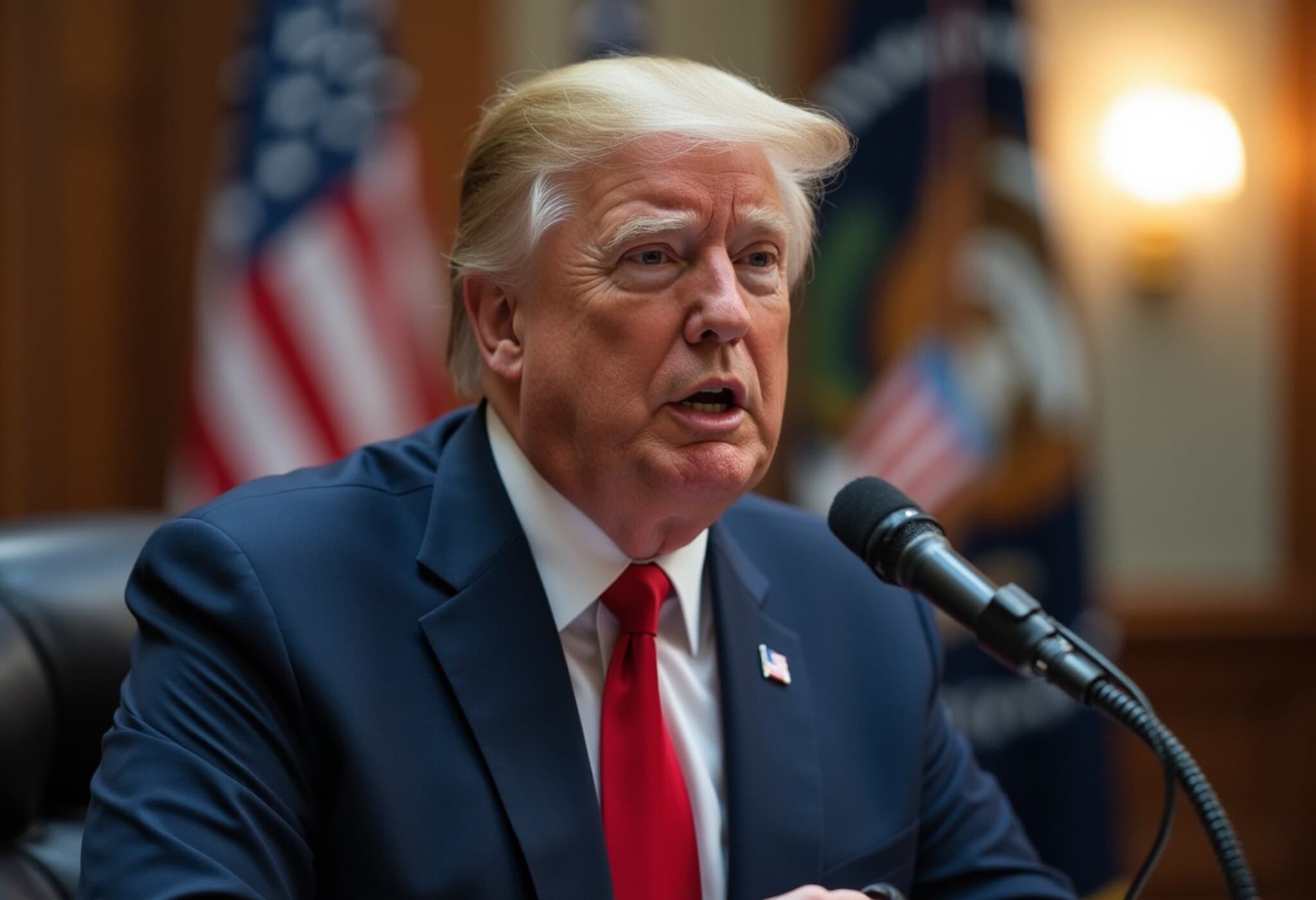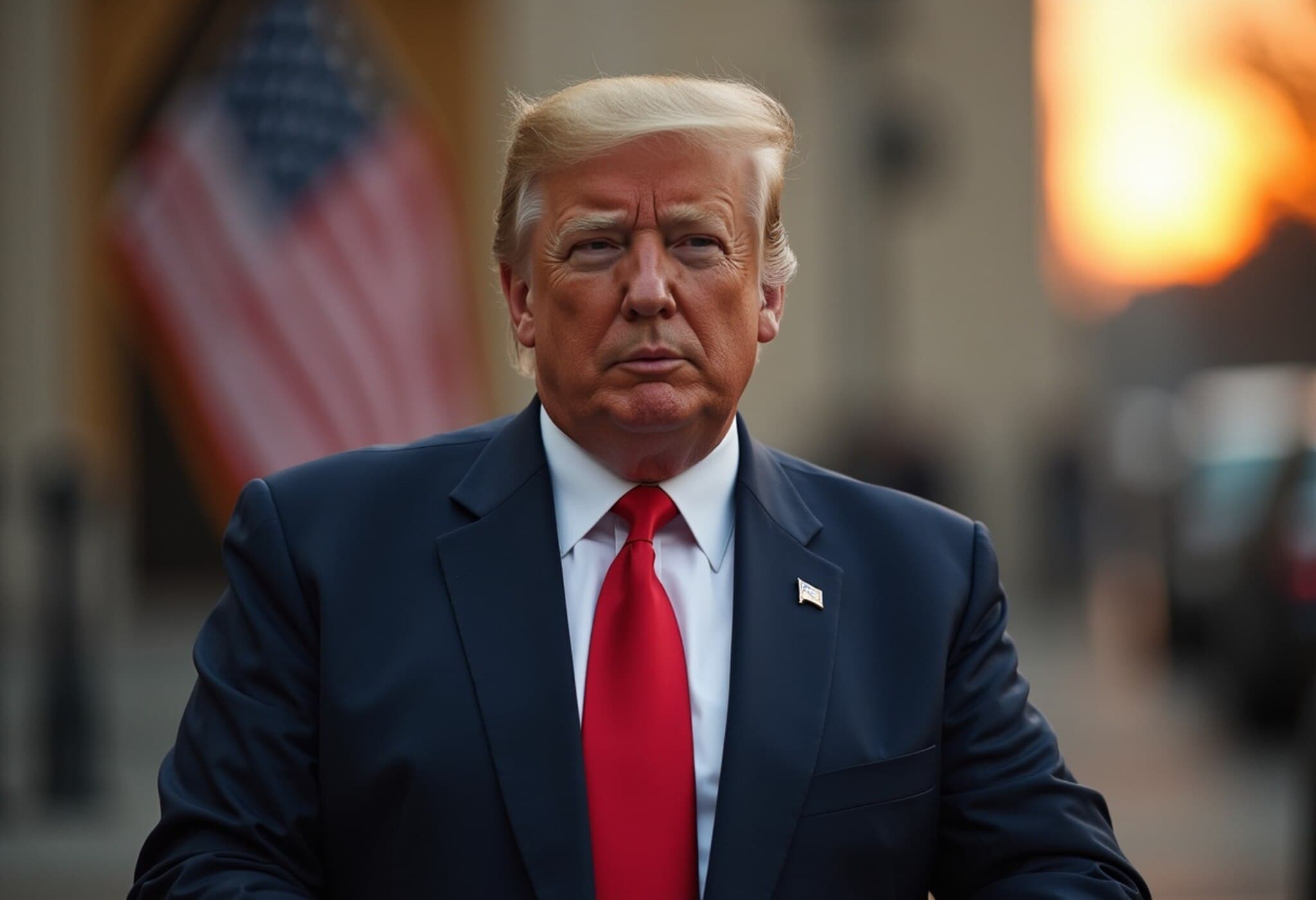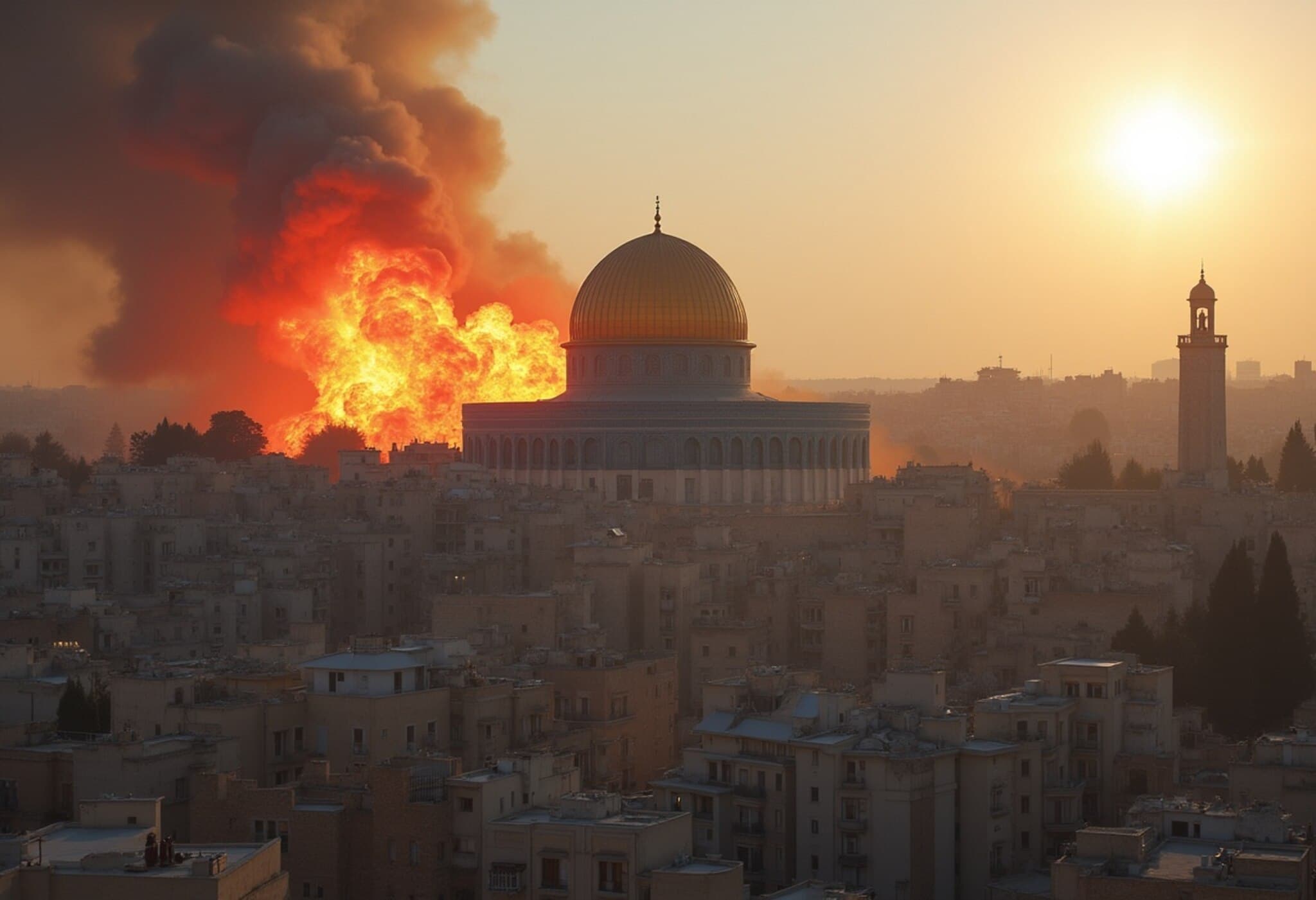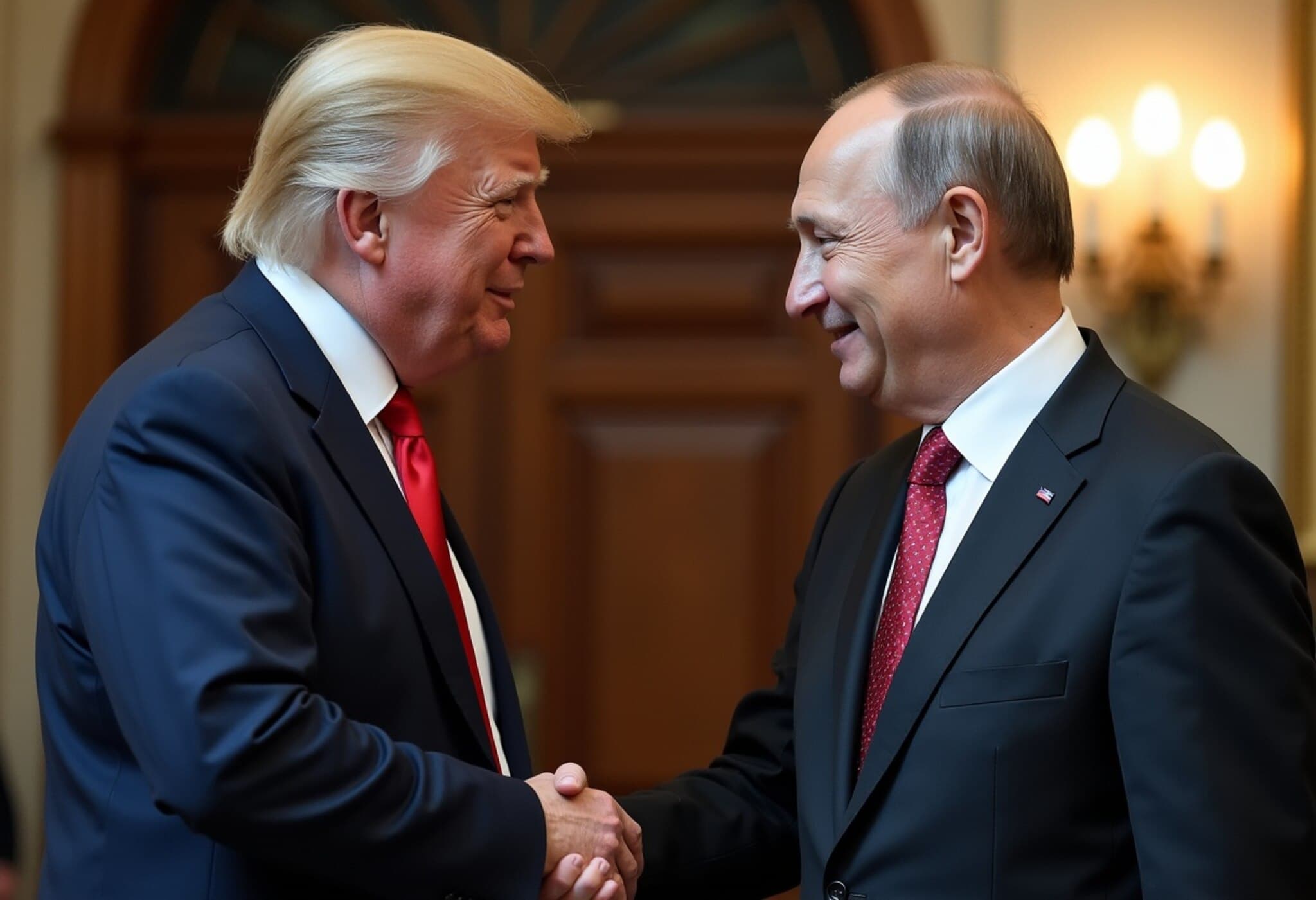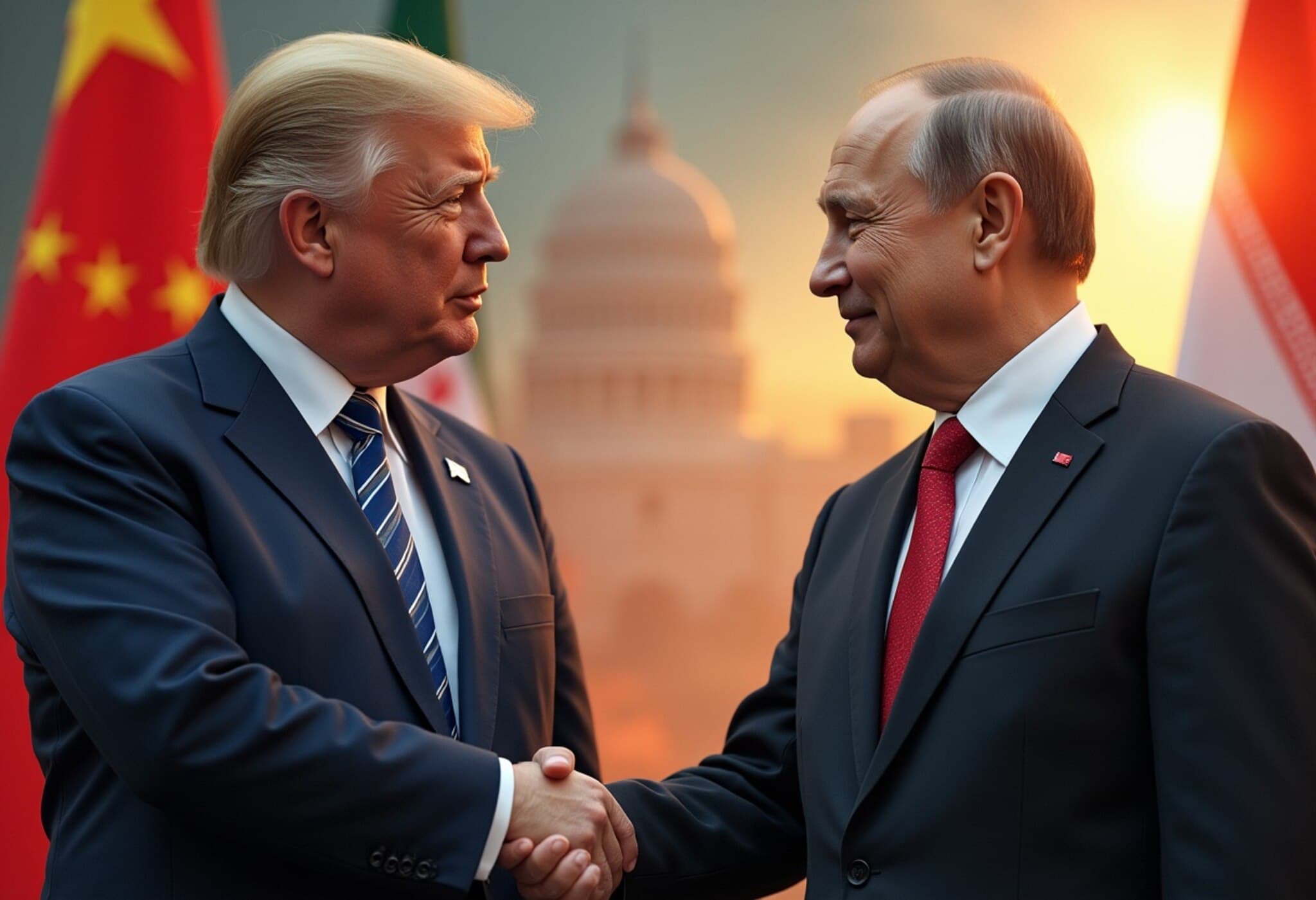Trump Proposes Peace Deal Between Israel and Iran
As tensions soar with Israeli airstrikes targeting Iranian sites, former US President Donald Trump stepped forward, claiming he has the ability to broker peace between Israel and Iran. Drawing parallels to his past involvement in easing hostilities between India and Pakistan, Trump expressed confidence that a similar agreement could be reached in the Middle East.
Historic Success with India and Pakistan as Blueprint
On his social media platform, Trump recalled his role in encouraging dialogue between two longstanding adversaries, India and Pakistan. He highlighted that trade incentives with the United States had helped bring mutual understanding and reason to their discussions. "Iran and Israel should make a deal, and will make a deal, just like I got India and Pakistan to make," he asserted, emphasizing the value of collaboration through trade and dialogue.
Behind the Scenes Efforts
Amid ongoing airstrikes in the region, Trump revealed that he has been engaged in numerous calls and meetings aimed at de-escalating the crisis quietly. "Likewise, we will have peace, soon, between Israel and Iran! Many calls and meetings now taking place," he stated, reinforcing his belief in achievable reconciliation.
Referencing Past International Mediation
Trump did not limit his claims to Israel and Iran. He cited previous interventions, such as his role in calming the heated conflict between Serbia and Kosovo, which had been on the brink of war for decades. He criticized the current administration for making decisions that, in his view, undermined long-term peace prospects.
Additionally, he pointed to his involvement in easing tensions over the Nile River dam dispute between Egypt and Ethiopia, suggesting that his mediation helped maintain peace "at least for now."
Continued Escalation Clouds Peace Prospects
Despite these confident declarations, the situation remains volatile. Following Israeli strikes on Iranian military and nuclear facilities—resulting in the deaths of high-ranking generals and key scientists—Iran retaliated with over 270 missiles, including 22 targeting Israel. Israeli authorities have warned of further attacks and urged Iranian civilians near arms factories to evacuate.
Iran’s foreign minister stated that Iranian responses would cease if Israeli strikes stopped, placing partial responsibility for the conflict on the United States, which he described as a partner in the attacks.
Trump Addresses US Role and Future Threats
Earlier, Trump denied that the US was involved in the Israeli strikes but warned that any attack on American interests would provoke an unprecedented response. Still, he maintained optimism that a peace agreement between Iran and Israel is within reach, hoping to end the bloodshed.
Damage to Iranian Nuclear Sites and Its Implications
Satellite images confirm significant damage to Iran's nuclear facilities at Natanz and Isfahan. Experts anticipate that repairs could take months or longer. Israel's preemptive strikes aim to prevent Iran from progressing towards nuclear weapon capability, a claim Tehran denies.
A Region on Edge
The Middle East continues to teeter on the brink of wider conflict as both sides intensify military actions. Trump’s calls for peace contrast sharply with the harsh realities on the ground, underscoring the complexity of the situation.

